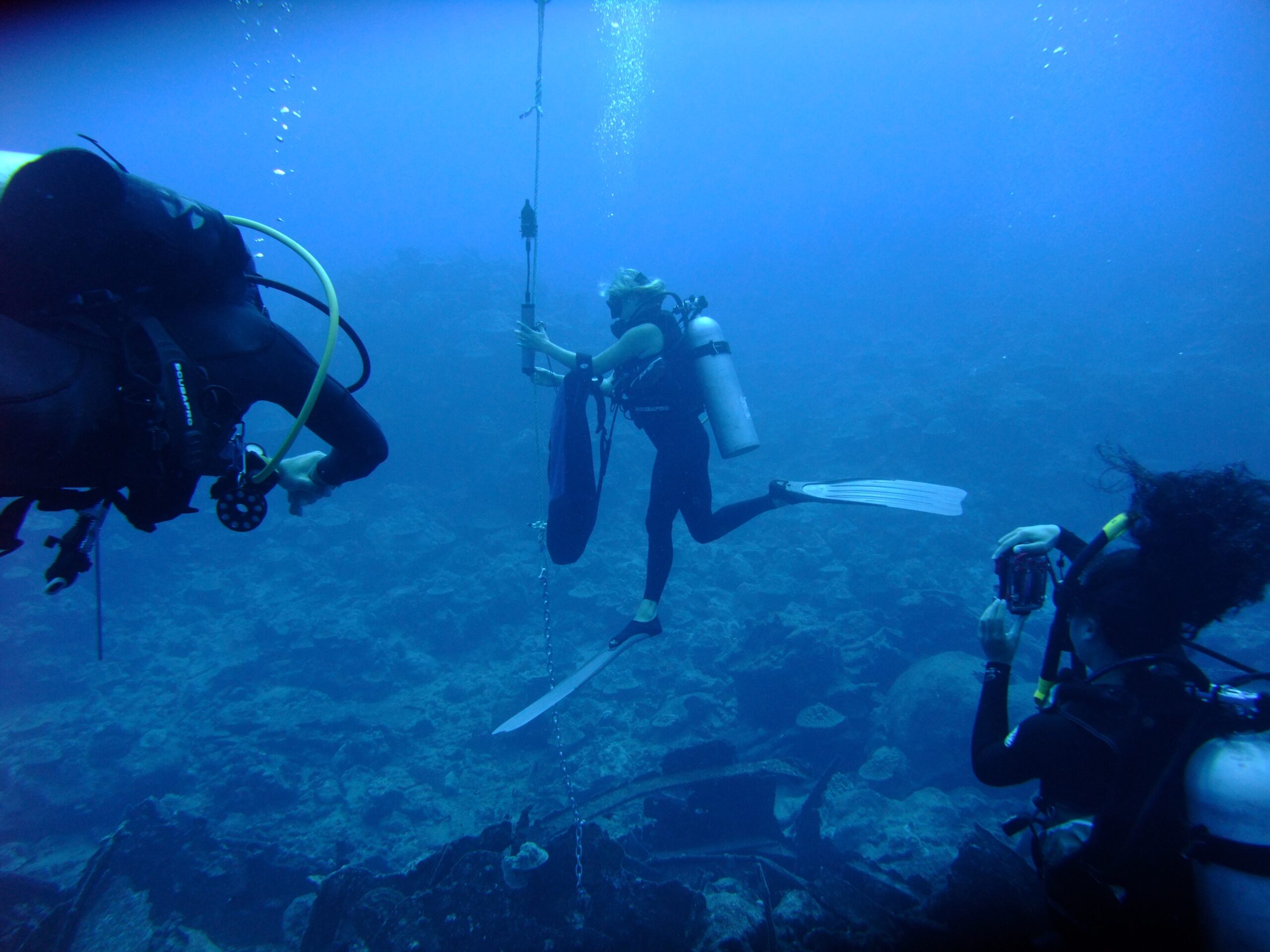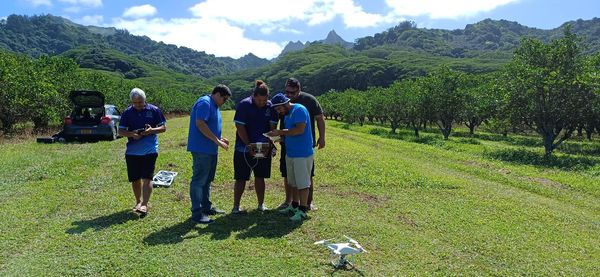
Cook Islands joins Pacific SIDS to prepare negotiations for an ambitious plastic pollution treaty
Halatoa Fua stated ‘for the Cook Islands and other Pacific SIDS, marine litter and microplastics are a concern that prompts the need to reduce global
The Rarotonga Environment Act 1994/95 was repealed by the Environment Act 2003 formalising the establishment of the NES.
The role of the National Environment Services is based on 5 main areas and has four main departments.
There is a suite of policies, strategies and plans developed over the years to enable environmental protection, conservation and management.
Our cultural identify is deeply rooted in our environment and it is part of our heritage and legacy.
An Environment Consent is a permission granted to an applicant undertaking an activity that has some but not significant environment impact.
A permission required for the construction of a standard residential dwelling or non-construction purposes such as land clearance.
A management tool used to identify the environmental, social and economic impacts of a project prior to decision making.
Any person planning to take any wild animal or plant overseas must apply for a permit for trade movement of endangered species (CITES).
All importers of bulk HFC goods must register as an approved importer with NES.
Other permits issued by NES relates to the transboundary movement of waste, ozone depletion substances and wildlife.
Biodiversity plans are important documents to manage and determine the state of our natural environment.
Protecting species, habitats, ecosystem, and protecting biological diversity.
Activities to protect, maintain, or restore the quality of environmental media.
Historical milestone for conservation in the Cook Islands
The Environment Act 2003 is the primary legislation applied throughout the Cook Islands and the Outer Islands (Pa Enua) of Aitutaki, Atiu, Mauke and Mitiaro.
Several subsidiary legislations made under the Environment Act 2003 to apply provisions of the Act and to also include the Pa Enua.
Numerous national legislations interlinked with the environment but administered by other government entities.

Halatoa Fua stated ‘for the Cook Islands and other Pacific SIDS, marine litter and microplastics are a concern that prompts the need to reduce global

NES project coordinator, Mii Herman emphasized the importance of data collection and analysis within this project, stating ‘the data collected from these locations can provide

Terena Koteka-Wiki, NES GEF7 Project Officer, assisted Ella Ruland with the deployment of an acoustic sound monitoring device called a SoudTrap300. Ella Ruland is an

The Cook Islands national ozone unit, along with our PIC counterparts, will conduct a national data survey to get a clear picture of the quantity

The Forum provided a platform for governments, intergovernmental organizations, and other stakeholders to discuss and prioritize environmental issues in the Asia Pacific region.

Elizabeth Munro, NES Manager Environmental Stewardship presented on the Cook Islands National Biodiversity Strategy and Action Plan (NBSAP) with actions that links to agriculture such

This ADB Safeguards Training Workshop was an invaluable learning experience for all participants. It equipped us with the knowledge and practical skills needed to be

Tekura Moeka’a, from the National Environment Service, attended the Global Plastics Summit held in Bangkok this month. The summit was hosted by Economist Impact. Economist

Halatoa Fua stated ‘the HAC provides significant value and technical support for the Cook Islands and other member states, as we prepare for the upcoming

The 3-day training was a great refresher for NES staff Mura Herman and Benjamin Maxwell as 4 models of DJI drones were used to execute